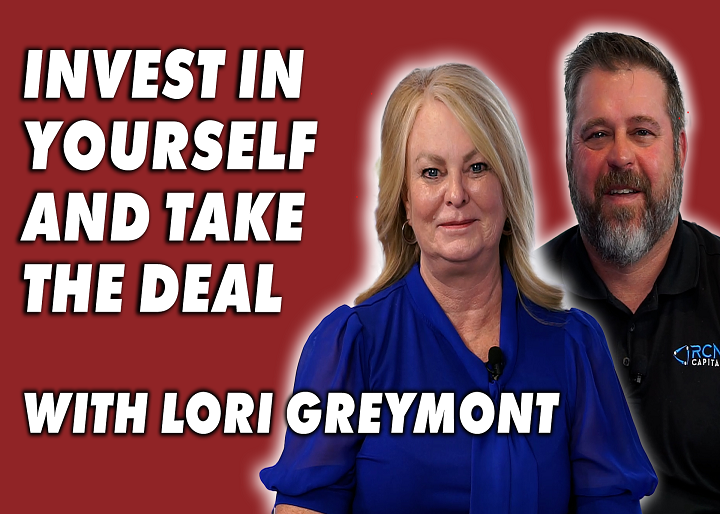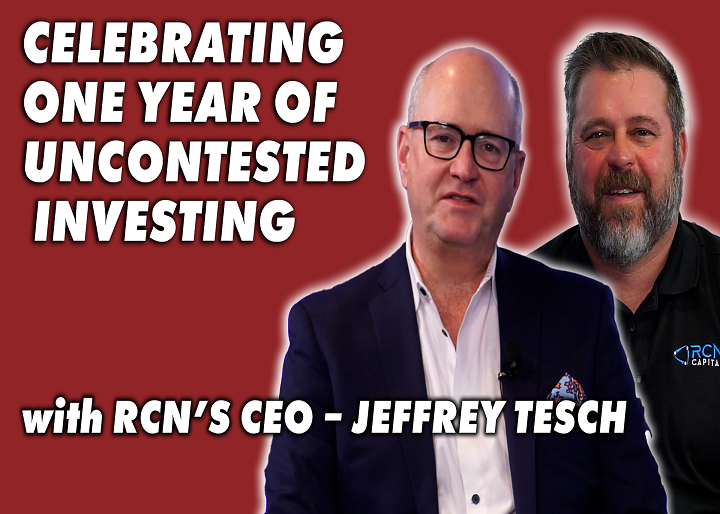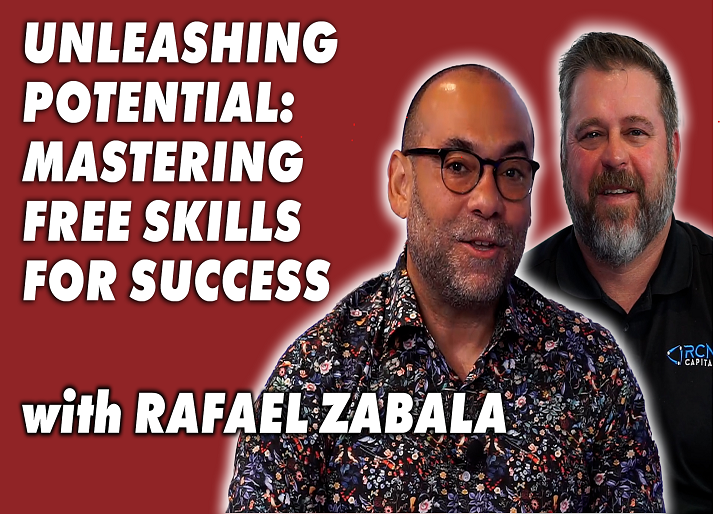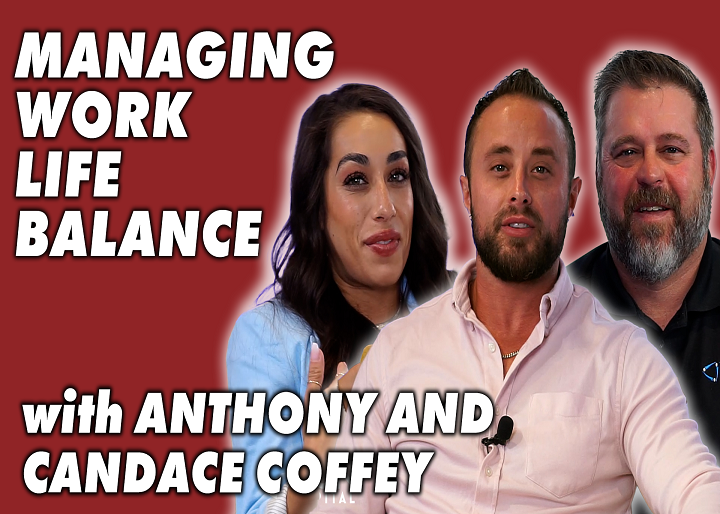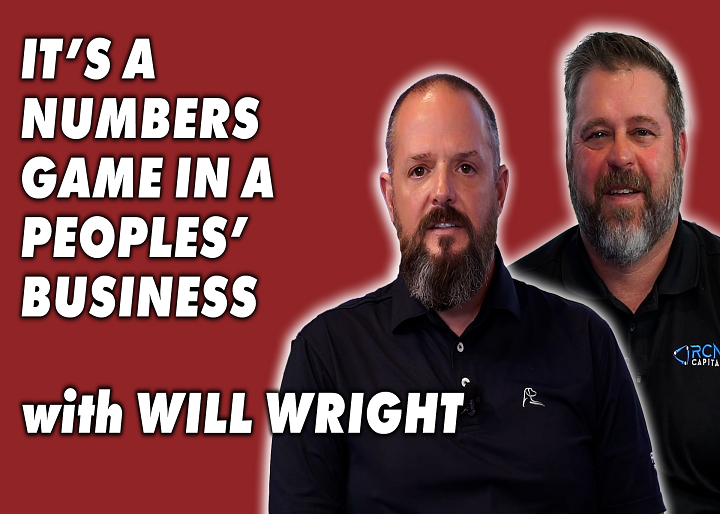Sky-High Success: Real Estate, Innovations, and Aviation
Jon and Amy Nolen are a dynamic couple with extensive experience in the world of real estate investing. Together, they have navigated the challenges of full-time real estate investing while raising three active children. In this episode, Jon and Amy share why they believe it’s good to follow shiny objects and how it can help you grow as an entrepreneur. Listen to this episode to learn how Jon and Amy
Read More

